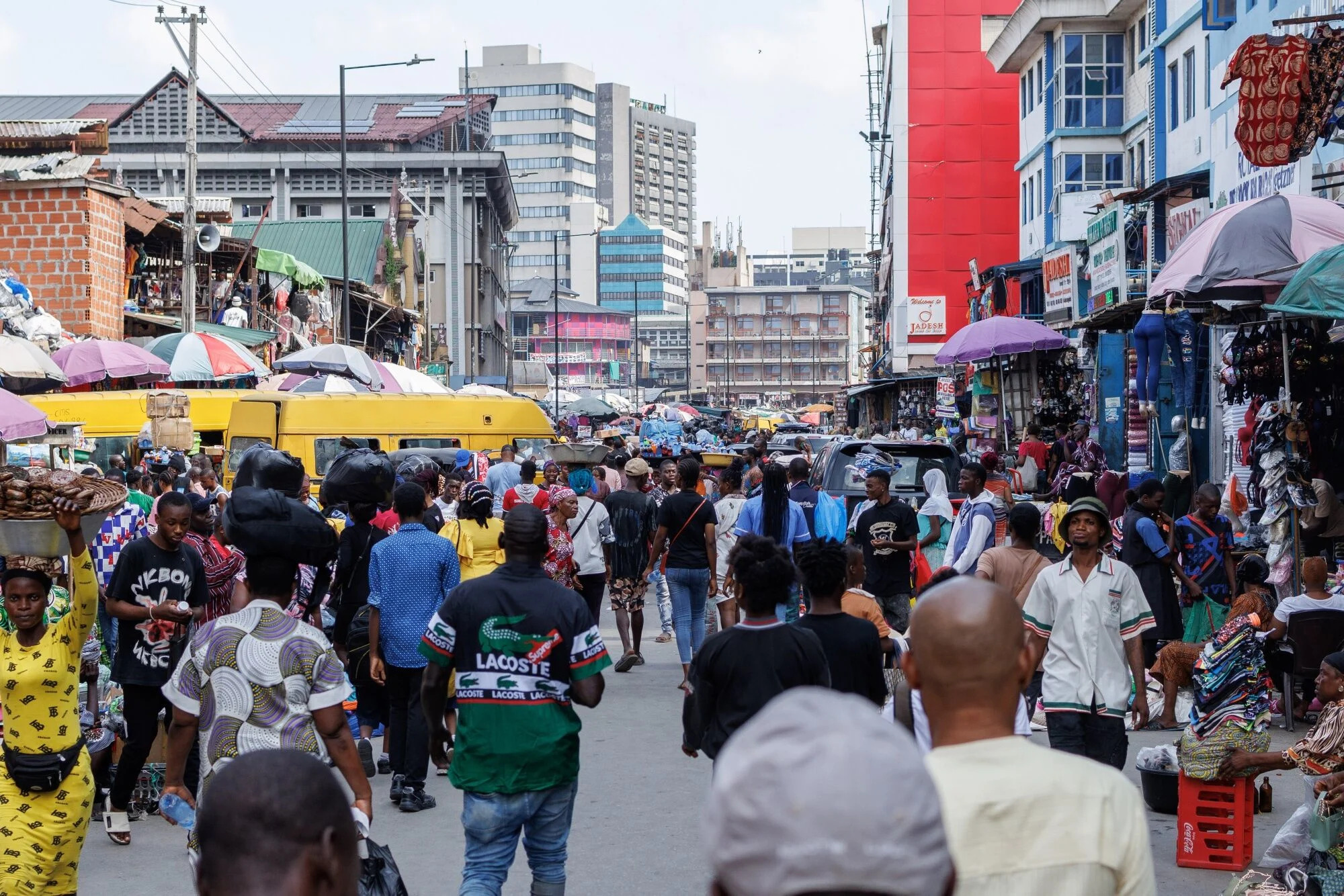A recent Bloomberg report has highlighted the growing trend of Western multinational companies exiting Nigeria and being replaced by Asian and Turkish firms. As US and Europe-based companies depart, Nigerian companies, along with foreign businesses from Asia and Turkey, are capitalizing on the opportunities presented by the market gaps.
Last week, London-based Diageo Plc sold its controlling stake in Guinness Nigeria Plc to Singapore’s Tolaram Group Inc. This acquisition is just one example of the increasing presence of Asian and local companies in Nigeria. The report attributes the departure of Western multinationals to factors such as the depreciation of the Nigerian Naira and significant currency fluctuations.
While the exit of multinational companies poses challenges for the Nigerian economy, it also creates opportunities for domestic firms and foreign investors willing to navigate the country’s unique economic landscape.
THISDAY
As US and Europe-based multinationals exit Nigeria, Asian and local companies are stepping in to fill the void, Bloomberg has reported.
Last week, London-based Diageo Plc sold its controlling stake in Guinness Nigeria Plc to Singapore’s Tolaram Group Inc. The Fouani Group, a local firm, operates a diaper and sanitary pad plant in a complex where Cincinnati-based Procter & Gamble Co. shuttered a $300 million facility making the same products.
Lagos-based Fidson Healthcare Plc is expanding its manufacturing range after the UK’s GSK Plc closed its Nigerian distribution arm. Turkish diaper-maker Hayat Kimya AS has also established itself in Nigeria.
[…] The gaps in the market left by the departing multinationals present an opportunity for domestic companies and foreign firms that focus on sourcing raw materials in Nigeria and manufacturing locally, thereby avoiding the currency risk that has hounded some foreign companies out.
And while the departures show just how unattractive the Nigerian consumer market has become they also highlight the success of strategies of companies such as Hayat and Tolaram, which have each turned their brands into household names.
For companies such as Tolaram, used to operating in challenging environments such as Indonesia, the answer has been to localise as many costs as possible. That’s helped it turn Indomie instant noodles into one of Nigeria’s most popular brands, and led it into joint ventures with US cereal and snack maker Kellanova and Danish dairy giant, Arla Foods.
“Brands can’t continue to operate the way they’re used to. You need to adapt to the market accordingly,” said Girish Sharma, an executive director at Tolaram. “There is hardly anything in Indomie that we import. We have our own flour milling, we have our own palm oil refining, we have our own packaging.”
Tolaram operates 24 “fully backwardly integrated” plants in Nigeria, meaning the company produces the raw materials they need, and is even setting up its own oil palm plantations, Sharma said in an earlier interview. GSK, by contrast, imported its products. That doesn’t mean that local firms aren’t struggling.



Connect with us on our socials: